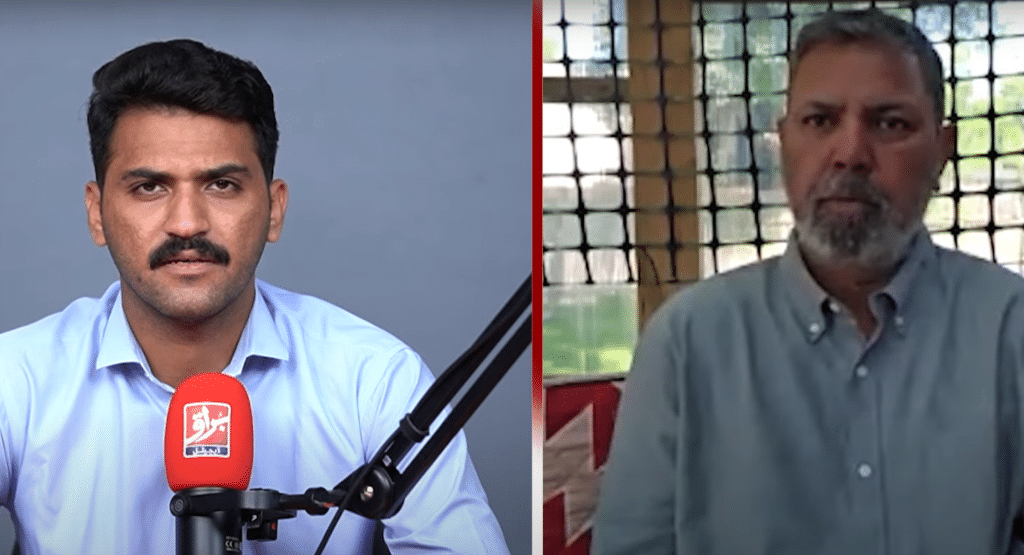By: Asher Azeem
The global power is steadily shifting from the West to the East, and it becomes increasingly clear that we are witnessing the reconfiguration of world order right before our eyes. The old centers of global influence Washington, London, Paris are no longer the relevant entity of international finance, diplomacy, and geopolitics.
Today, the pulse of the global economy beats just as strongly in Beijing, Moscow, New Delhi, and beyond. The new geopolitical equation, BRICS, Brazil, Russia, India, China, and South Africa, is emerging as the pivotal bloc shaping the future of the East.
I have always believed that Pakistan holds the potential to play a decisive and strategic role in this evolving multipolar world. Our geographic, political, and economic positioning situates us at the crossroads of this global transformation, especially as BRICS gains momentum in creating alternatives to Western hegemony.
The international financial architecture, dominated by Western institutions the IMF, World Bank, and the SWIFT payment system, has not served developing nations well.
These institutions were constructed in the shadow of World War II, made to sustain Western dominance, and often act more like instruments of coercion than cooperation.
BRICS, on the other hand, offers a breath of fresh air. I see it as the East’s loud and clear response to centuries of Western economic monopolization.
More importantly, BRICS is not just a symbolic alliance it is practical, strategic, and increasingly powerful.
The bloc is now taking concrete steps toward developing its financial frameworks, independent of the West. The emergence of the BRICSPay system is proof of that a bold attempt to bypass Western banking systems and sanctions altogether.
In addition, the Euro and the Dollar have long enjoyed uncontested dominance, the concept of a BRICS currency challenges that monopoly. I see this as more than just an economic development it is a statement of sovereignty.
It signals to the world that emerging powers no longer wish to be dictated by the financial whims of Wall Street or the bureaucratic elites of Brussels.
The transformation is never smooth. The West, specifically the United States and some of its European allies, will resist this shift. They fear losing control, and rightly so.
The instability is being fueled by certain regional actors attempting to undermine this new order. I speak particularly of India’s role in sponsoring proxy networks within Pakistan, particularly in Khyber Pakhtunkhwa and Balochistan.
The BLA and TTP are not just terrorist groups; they are tools used to destabilize Pakistan internally at a time when our regional and global importance is increasing.
India’s strategy of using asymmetric warfare and hybrid conflict is both dangerous and self-defeating. The recent Pehalgam incident, followed by India’s frantic attempt to generate global sympathy, fell flat. Why? Because the world sees through the double standards now. When you sponsor insurgencies in your neighbor’s backyard, your narrative of being a “victim of terrorism” loses credibility.
Despite India’s covert aggression, I remain hopeful because Pakistan does not stand alone. China, our iron brother, has proven time and again to be our most reliable ally. In moments of economic distress, political pressure, or diplomatic isolation, China has stepped in with support and solidarity. Our collaboration is not only rooted in friendship but also in mutual strategic benefit.
One of the shining examples of this is the JF-17 Thunder, a state-of-the-art fighter aircraft co-developed by China and Pakistan. It is not just a machine; it symbolizes technological cooperation and military trust between our two nations.
Meanwhile, the China-Pakistan Economic Corridor (CPEC), with over $65 billion in investments, represents China’s long-term vision for Pakistan. It is the backbone of Pakistan’s economic future and a critical artery in China’s Belt and Road Initiative.
CPEC has already changed our infrastructure, boosted energy production, and opened up new trade routes, but more than that, it symbolizes a shift in our geopolitical orientation from passive observer to active participant in shaping regional and global affairs. I believe the true potential of CPEC is yet to be fully realized, and with sustained political will and security cooperation, we can ensure it flourishes.
We must first secure our internal front, dismantle hostile networks funded by foreign intelligence agencies, and present a unified, resilient image to the world. At the same time, we must continue to deepen our partnerships with China and other BRICS nations while pushing for formal inclusion in the bloc.
Also Read: Air Chiefs of Pakistan and China discuss bilateral cooperation
The world is shifting from the Atlantic to the Pacific. Pakistan must not remain on the sidelines. We have the talent, the geography, the alliances, and the ambition to take our rightful place on the global stage. It is time we stop playing defense and start thinking strategically. The future is being written in the East, and Pakistan must help hold the pen.





